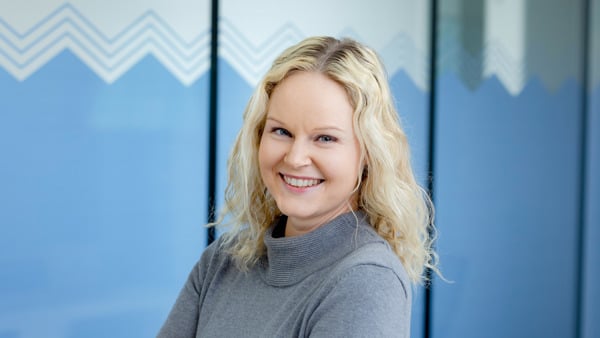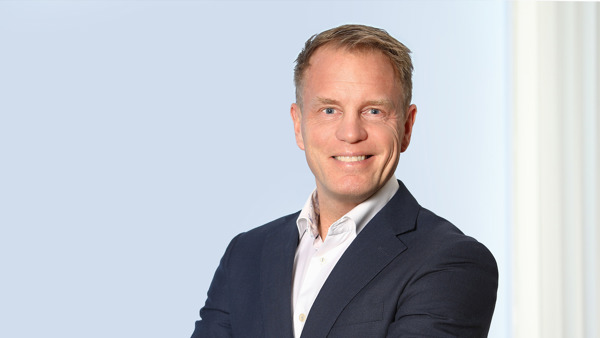Guarantees of Origin (GOs) ensure the power comes from renewable sources
Guarantees of Origin tell where, when and how the green electricity in question was produced. While not mandatory, they are the only way for a company to prove that it is using green energy.
Demand for sustainable energy is increasing as companies strive towards their climate goals. However, it isn’t enough for a company to state that it is using green electricity; it has to be able to prove it. This can be done with guarantees of origin (GOs).
What are guarantees of origin?
Guarantees of Origin (GOs) are certificates that ensure the electricity a company has purchased is green. They state where, when and how the energy was produced. Regardless of their sector, companies can obtain GOs for electricity quickly and easily through us without changing their existing energy contract. The start of the year is the right time to obtain GOs for electricity for the energy your company used the previous year.
As your partner, we will help you to choose the optimal solution for your company’s need and acquire the GOs for you. There is no need to change your existing energy contract to obtain guarantees of origin.
We offer certificates of origin for wind, hydro, solar, bio and nuclear power. Choose the form and country of production best suited to your company.
What you need to know about guarantees of origin
1. Guarantees of origin ensure the origin of electricity:
Once electricity has been fed into the grid it is impossible to ensure, for example, that a customer who pays for wind power actually receives energy than originates from a wind turbine. A system of GOs is used to ensure the origin.
2. No new energy contract is required
Since certificates of guarantees of origin are not directly linked to physical electricity, companies can switch to renewable energy without changing their existing energy contracts.
3. One guarantee of origin for electricity = 1 MWh of electricity produced from renewable sources
A guarantee of origin contains information on when, how and where the electricity was produced. When a GOs is used, it is recalled and removed from the market to ensure that each MWh of renewable energy is used only once.
Contact us for more information


